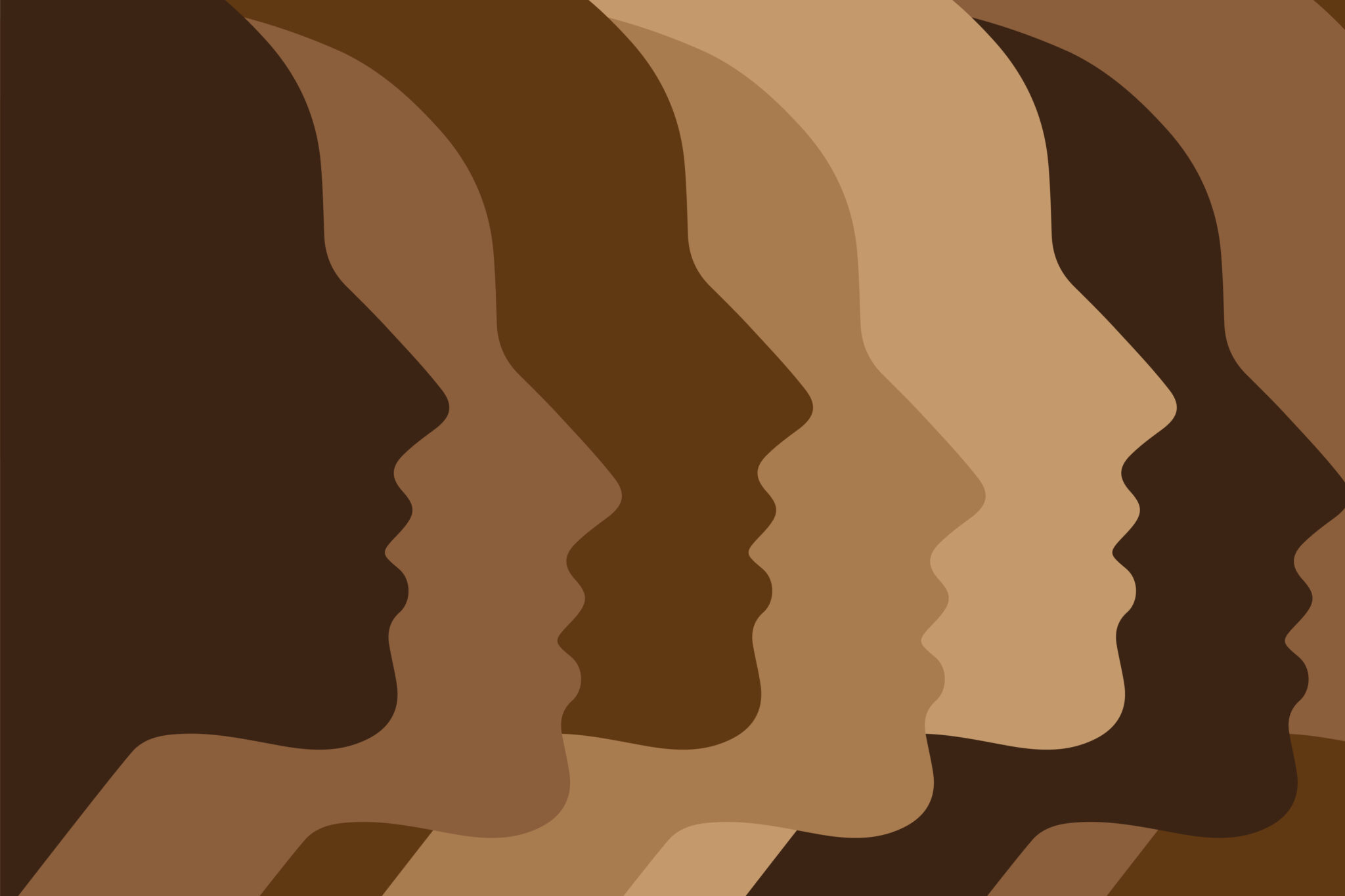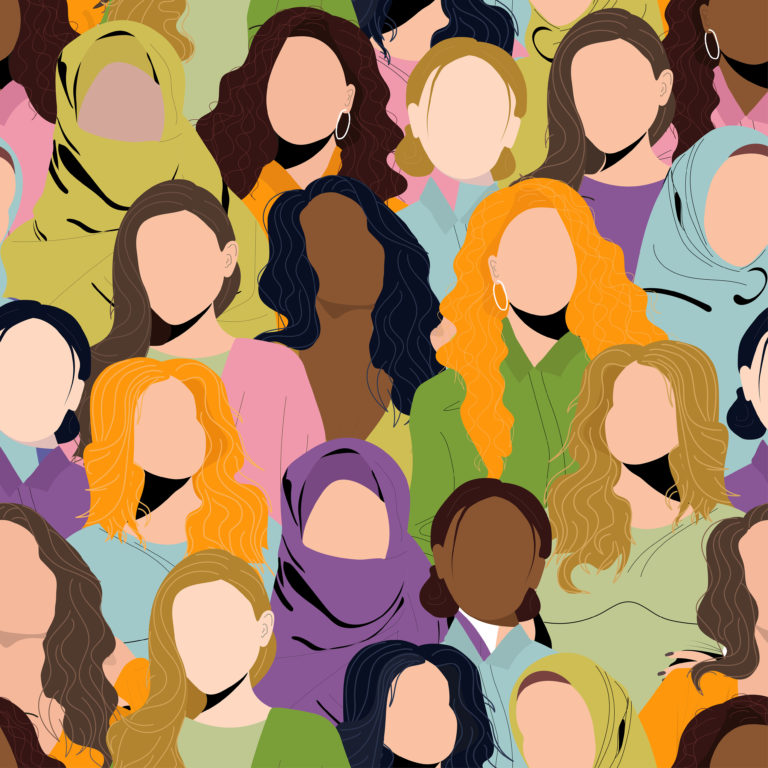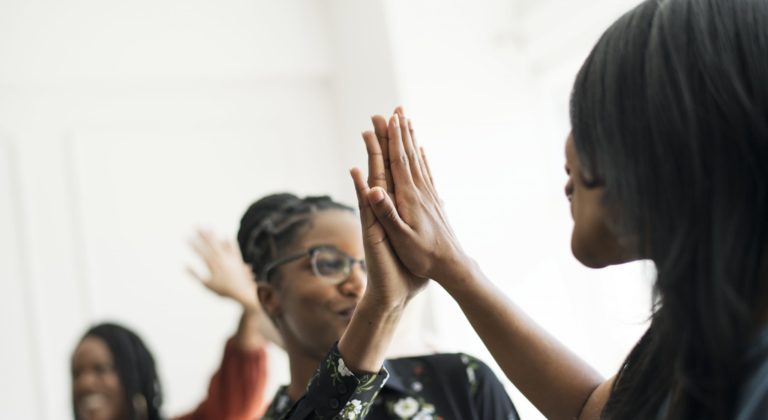March is Women’s History Month, a time designated to honor women’s historic achievements and…
Celebrating Black Women’s History Month

Did you know that April is Black Women’s History Month? It’s a time to celebrate the Black women that have blazed trails, changed the world, and who inspire us today. Here at Gender on the Ballot, we’re honoring the holiday by looking at Black women in politics. While there may only be one Black woman to ever serve in a federal elective executive office – Kamala Harris – the pipeline of Black women office holders continues to build momentum. Our friends at the Center for American Women and Politics (CAWP) have broken down the numbers, and we’re remembering some of the trailblazing Black women politicians throughout US history.
Mayors
When looking at America’s 100 most populous cities, 8 of them are currently led by Black women Mayors. This includes the 2nd and 3rd most populous cities – Karen Bass in Los Angeles and Lori Lightfoot in Chicago.
The first Black woman to serve as mayor of a US city was Lelia Foley-Davis. She was elected in 1973 to lead Taft, Oklahoma. A 30 year old single mother of 5, she started her campaign with $200 and a dream to help her community. In a 2019 interview with the Washington Post she reflected, “I saw the need in the community for leadership, so I decided to pitch my hat.” She also encouraged women candidates “to just be truthful to themselves and be faithful to the people that they serve. You know, your word is your bond.”
State Legislature
In 2022, there were 368 Black women serving at the state legislature level, 365 Democrats and 3 Republicans. According to CAWP, Black women make up 5% of all state legislators, and 16.1% of all women state legislators.
The first Black woman elected to a state legislature role was Crystal Bird Fauset. She served from 1939-1940 in the Pennsylvania House of Representatives. She was an established civil rights activist in her community, and despite only serving one year in the state legislature, she “introduced nine bills and three amendments on the health and welfare of the poor, housing, and women’s rights in the workplace,” according to the City of Philadelphia. She then went on to take a position in President Franklin Roosevelt’s administration as a Civil Defense Advisor on race relations. Her legacy remains today as an advocate for civil rights and democracy in her community and across the country.
Statewide Elective Executive Office
There are 10 Black women currently holding statewide elective executive office, including 4 lieutenant governors, 2 attorney generals, and 2 secretaries of state. According to CAWP, Black women make up 3.2% of all statewide elective executives, and 10.6% of all women statewide elective executives. Historically, 23 Black women have held a statewide elective executive office, although no Black woman has ever served as Governor of a US state.
The first Black woman to serve as Lieutenant Governor to a US state was Jenette Bradley, elected LG of Ohio in 2002. She began her career in politics in the early 90s, becoming the first Black woman elected to the Columbus City Council. She served as the lieutenant governor of Ohio from 2003-2005, before resigning to become the Ohio State Treasurer. During her time in office, BlackPast notes that she was “one of the highest-ranking Black Republicans in the nation.”
Congress
There are currently 28 Black women serving at the Congressional level – all in the House of Representatives. According to CAWP, Black women make up 5.2% of all voting members of Congress, and 18.7% of all women voting members of Congress. Historically, 55 Black women have served in Congress – 2 in the US Senate, and 53 in the House of Representatives. That is only 0.4% of all members of Congress to-date, and 13% of all women who have served in Congress to-date.
The first Black woman to serve in Congress was Shirley Chisholm, representing the state of New York from 1969-1983. Not only was Chisholm the first Black congresswoman, she was also the first Black woman to run for president. Although she did not win her 1972 presidential campaign, she ran on the slogan “Unbought and Unbossed,” a mantra that has had a lasting legacy.
Federal Elective Executive Office
As we mentioned at the top of this post, only 1 Black woman has ever held federal elective executive office – our current Vice President, Kamala Harris. She was also the first woman, the first Black person, and the first South Asian person to be elected to this level of government.
Prior to serving as the Vice President, Harris served as the District Attorney of San Francisco; the Attorney General of California; and a US Senator representing California, making her the second Black woman, and first South Asian American, to serve in the Senate. On her journey through politics she reflected, “At every step of the way, I’ve been guided by the words I spoke from the first time I stood in a courtroom: Kamala Harris, for the people.”
As Black Women’s History Month comes to a close, we will continue to look back on the “firsts” of these Black women, and hope that their achievements continue to open doors for women seeking elected office in the future.






